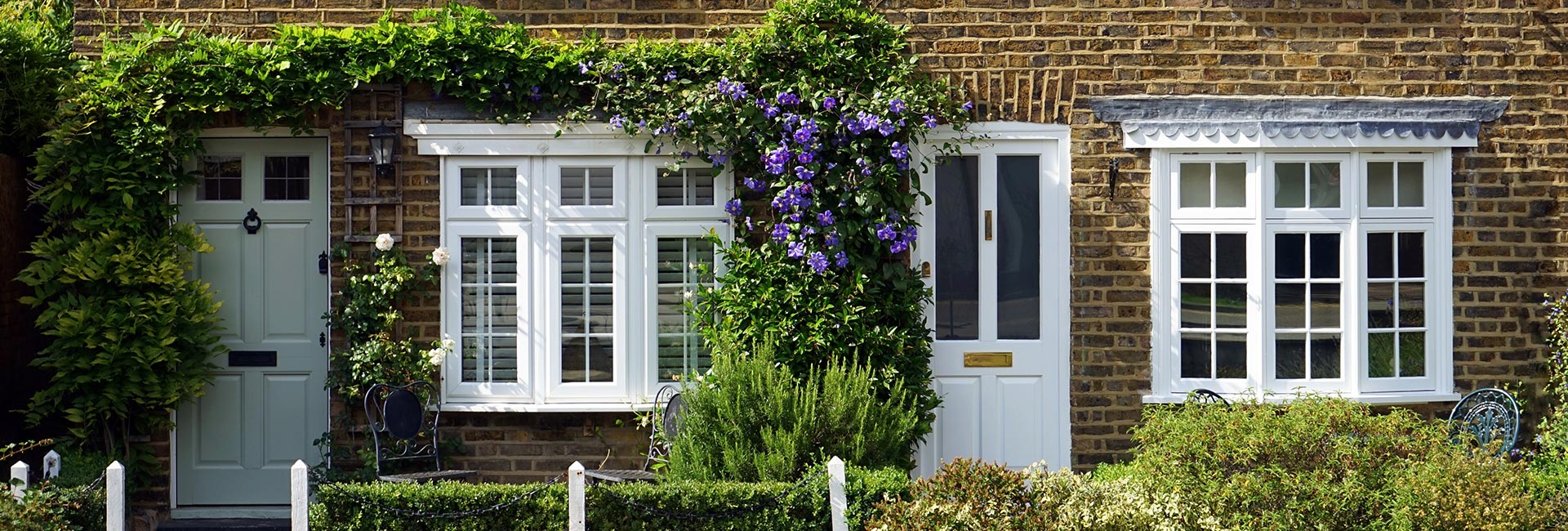What to look for when buying a house in 2020
Buying a house is a big step. It requires a lot of research, financial commitment, financial planning and a huge amount of patience; after all, buying any property is a long-term investment.
So, whether you’re shifting from a smaller house to a bigger house or you’re buying a fixer-upper to sell for a profit, here are the key aspects that you need to look for while buying a house in the UK in 2020.
Where is the house located?
Be it estate agents in Bicester or estate agents elsewhere in London, they can all agree on one thing – the location of a house is very important. Is this a safe neighbourhood? Is public transport easily accessible from here? Is this a school district? Is it centrally located? Is it easily accessible? And most importantly, are the prices of real estate in this area predicted to rise or fall in the future? Location is everything.
Does the roof need repair?
Before you even step into the house, take a look at the roof. Are there any roof leaks? Does the roof need any sort of repair? Is the roof caving in? The cost of repairing a roof can literally go through the roof, so you should take a good look at the roof and understand what you are dealing with. If the roof does need a lot of repairs or requires some fixing, then you might be able to negotiate a better deal than the current selling price.
How many bedrooms does the house have?
As mentioned earlier, buying a house is a long-term commitment. If you are currently a family of four, you should have a four-bedroom house – one room for each kid, one room for the couple and one guest bedroom. If you decide to grow your family, you cannot shift to another house just to accommodate one more person. Otherwise, you can always use the spare bedroom as your home office or as a make-shift gym – the extra space will never go waste. Plus, a house with more bedrooms will add more value to your assets.
What’s the plumbing like?
When was the initial plumbing of this house installed? Are there any leaky faucets or damaged pipes? Is there any water damage in the house? You can always hire a property evaluator to check for water damage and to assess the current situation of the plumbing. Bad or old plumbing can mean mould, leaks and corrosion damage, which in turn means a huge repair expense. Plus, if there is a baby or an elderly person living in the house, then mould can be very dangerous.
Is the home well insulated?
Will this home keep you cool in the summer and warm in the winter? After all, that is what makes a home comfortable. If there is no insulation, you will probably be paying very high air conditioning bills in summer and equally high heater bills in winter – basically, high electricity bills all year round. A well-insulated home can reduce cooling costs and heating costs, plus, it even allows the house to become slightly soundproof.
Are there any major faults?
If the price of the house seems too good to be true, then you should definitely hire an expert for property valuation. After an inspection, the property evaluator will be able to tell you if there are any fundamental problems in the house – this can include water damage, faulty foundations, corroded piping, termite infestations and other such red flags. It is always better to opt for a property valuation than be stuck with a house that has faults in the basic foundation.
How much will this house cost to maintain?
Understand the age of the property, the condition of the property, the current cost and repairs and how much it will cost to maintain this house over a period of time. Let’s say the house has a backyard. How much will it cost annually to maintain the backyard? Maybe there is a garage that you want to convert into your home office. How much will that cost in the long run? Do you need to make any big or small replacements? How much will the monthly electricity bill be? Consider all these factors before falling in love with a house.



 Login
Login















